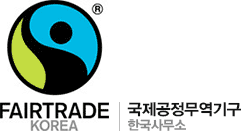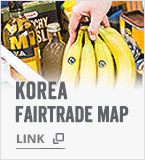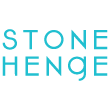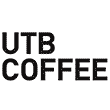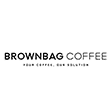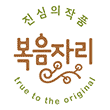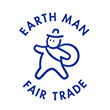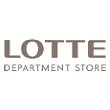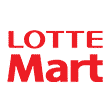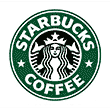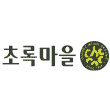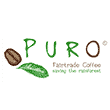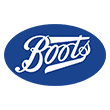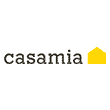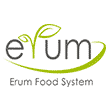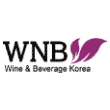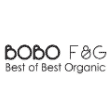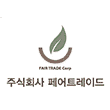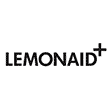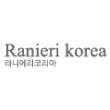- You are here :
- Home
- Farmers and Workers
- Gold
Gold
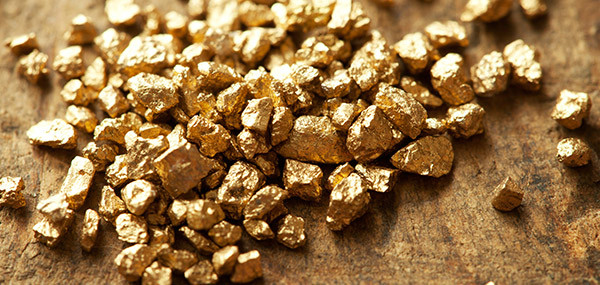
GOLD MINERS AND WORKERS
Gold is a symbol of love, power and wealth the world-over. But look behind the glitz and the reality is not so glamorous.
Gold Bar
Ninety per cent of the labour force involved in gold mining is made up of artisanal and small-scale miners who produce between 200-300 tonnes of gold each year. Around 70% of this is used to make jewellery, with consumers across the globe spending a whopping $135 billion a year on gold jewellery!
An estimated 100 million people worldwide rely on small-scale mining for their livelihoods and to support their families and communities. Small-scale miners often work long days and in difficult and sometimes hazardous conditions. There are serious health risks associated with the improper handling of toxic mercury and cyanide, which can be used in the extraction process. Miners struggle to attract the finance or generate sufficient profits needed to invest in their operations or safer, more efficient technology.
Small-scale miners are at the end of long and complex supply chains and for those working in remote locations, it can be difficult to sell their gold at a fair price. For Fairtrade Gold, miners receive a guaranteed Fair Minimum Price and a Premium to spend on improving their businesses or on community projects, such as education, clean water and healthcare. Fairtrade certification means these small scale-miners meet Fairtrade Standards. This can help them to improve their mining and business practices as well as open the market to generate more sales on better terms. The Standards include strict requirements on working conditions, health and safety, handling chemicals, women’s rights, child labour and protection of the environment.
What are the benefits of Fairtrade certification to miners?
Like producer organisations certified for other Fairtrade products, mining organisations and their communities gain a better deal through Fairtrade. Miners get market access and a fair price for their gold and increased security from the Fairtrade Premium, which is invested in economic, social or environmental projects.
The Fairtrade Mark ensures that gold has been extracted and processed in a fair and responsible manner. This means:
- Miners’ organizations are strengthened
Miners form groups to give themselves better bargaining power with traders, to get a fairer return for their gold, and gain greater control over the jewellery supply chain. They are required to participate in the social development of their communities. - Child labour
Miners’ organisations must eliminate child labour from their organisation. No one under 15 years old must be contracted to work in the mining organisation. Those under 18 must not work in hazardous or dangerous conditions. - Working conditions are improved
Fairtrade certification requires mandatory use of protective gear and health and safety training for all miners. - Freedom of association and collective bargaining is respected
Miners’ organisations recognise the right of all workers to establish and join trade unions and collectively negotiate their working conditions. - Responsible use of chemicals is mandatory
Miners must use safe and responsible practices for management of toxic chemicals, such as mercury and cyanide, in gold recovery. Chemicals have to be reduced to a minimum and where possible eliminated over an agreed time period. - Where are the miners Fairtrade works with?
Fairtrade gold comes from certified mining organizations in Latin America. Currently our two certified mines, SOTRAMI and AURELSA, are both in the Arequipa region of Peru. We are also working with miners in East Africa (Kenya, Uganda & Tanzania).
There are Fairtrade gold products available in Korea. Click here to see the profiles.
Source Fairtrade gold directly from Fairtrade gold miners. Click here to learn more
